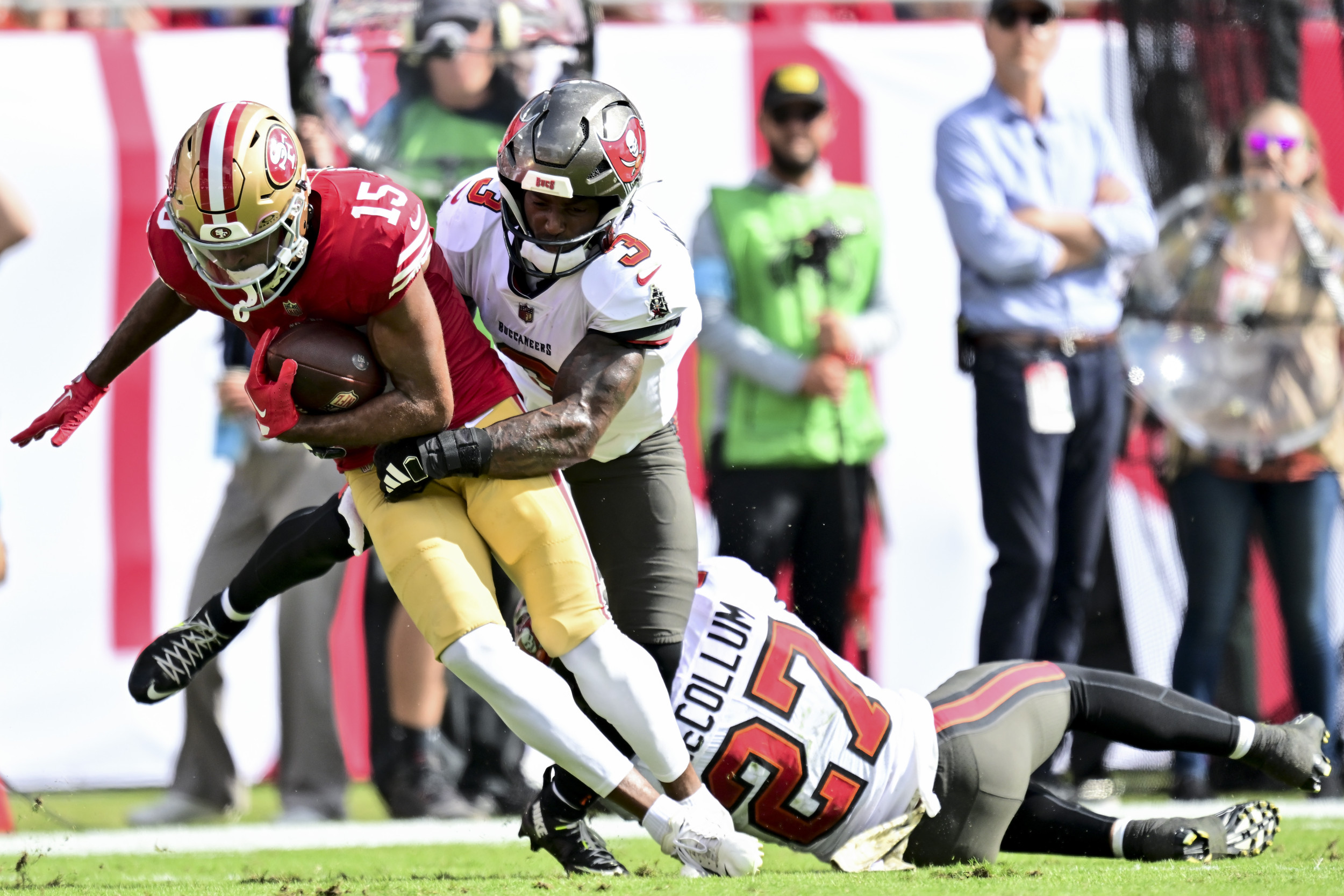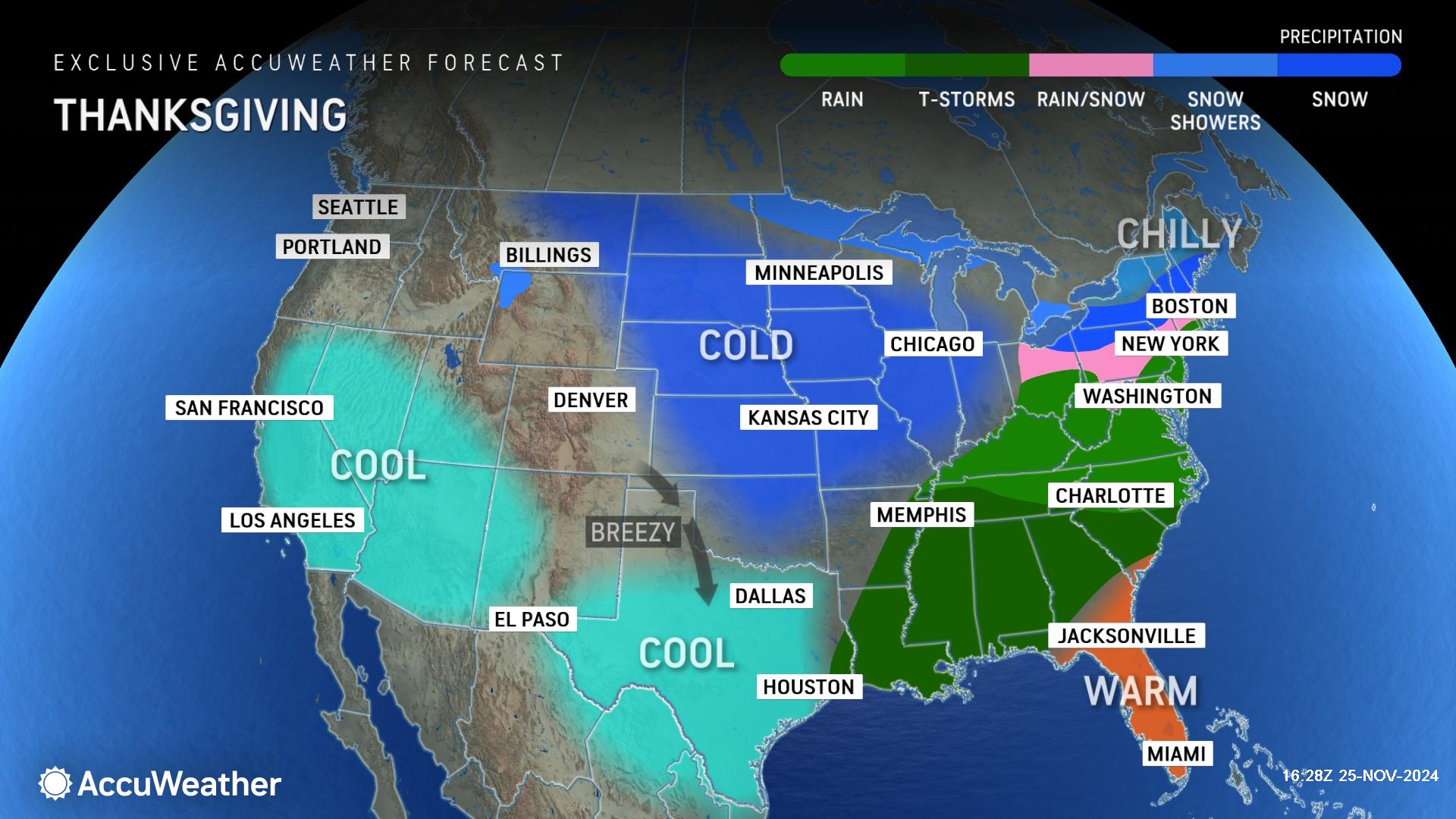Among the many lessons driven home by Donald Trump's triumphant comeback is a sense, particularly among young voters, that they don't have to feel ashamed about being patriotic.
"I've felt like I've had to keep my feelings about loving America to myself," a 30-year-old male independent voter from New York told Newsweek. "If you open your mouth and say, 'I love America,' people automatically think you're saying, 'I love Donald Trump.' I don't want people to think I'm a raging MAGA person just because I support the country that I grew up in."
Patriotism has become a fault line in Trump's America, though it didn't start with Trump. The divisions over what it means to love the U.S. solidified in the Bush years. After 9/11, Americans were told that being openly patriotic was part of their national duty — that flying the stars and stripes from their porch or slapping a magnetic ribbon on their car was a small way to defeat the terrorists.
But after the wars in Iraq and Afghanistan devolved into quagmires, and amid an increasingly draconian security state and cascading failures at home — from Hurricane Katrina to the housing bubble — something shifted. It was no longer cool to be patriotic. It was cool to march, to protest, to "resist." The resistance, as it were, came into its own after the Trump was first elected in 2016, further polarizing the country between those who supported the administration and those who did not.
Users on TikTok have shared videos about not wanting to be mistaken as a conservative for wearing sweaters with the American flag, and there are multiple Reddit threads asking, "Is it weird for me to say that I still love America?"

In one thread asking if liberal homeowners fly the flag outside their houses, a Reddit user said, "I've always believed that the flag should represent all Americans, and that we all have the right to display it. Yet, I can't shake off my discomfort with certain versions of the flag—specifically the ones that are often seen on Blue Lives Matter paraphernalia and in conservative militia gear."
The comeback of Donald Trump has changed things yet again. His inroads with core Democratic constituencies, from Latino and Black voters to young people — groups that happen to be cultural arbiters — shows signs of the country returning to a place where it's not just OK to be openly patriotic, it's cool again.
"You don't get to say all Trump supporters are racist when my entire black family and friends voted for him," Amir Odom, a conservative influencer who is Black and gay, told Newsweek. "You don't get to say all Trump supporters are homophobic when my gay friends got married at Mar-A-Lago earlier this year. It's all nonsense."
This year, the president-elect has shattered the image of a stereotypical Trump supporter, and in doing so, has expanded the portrait of a "patriot." Being a proud American has moved back to being a cultural signifier.
"It's a different environment from 2016 and 2020," Odom said. "More people are on board, and you look silly if you aren't patriotic about your country. The same people touting a Ukraine flag in their bio won't tout an American flag? Now they look like the crazy ones."
A 25-year-old male voter from New Jersey who described himself as "absolutely proud to be an American" told Newsweek: "When people say, 'Oh you love being American, you must love everything about it.' Well no, because you love something you want to invest in it, you want to make it greater, you want to improve everything that is the country."
"But there's a lot of people who are so quick to say, 'f--- America, I'm going to leave. I want to get away.' It's very dismissive, the same way how some people are like, 'Oh, you voted for this person? I'm not talking to you. I'm going to unfollow you.'"
"It's a sad phenomenon," conservative political commentator Tomi Lahren said of the political assumptions that people make around displays of the American flag.
"As a Republican, I love being the party of patriotism, but I don't know when we as a nation took such a departure from everybody loving our country and everybody being proud patriots, regardless of if they're a Democrat or Republican," Lahren, who is also the host of Tomi Lahren is Fearless on OutKick.com, told Newsweek.
The 25-year-old New Jersey resident who was granted anonymity to discuss his personal politics said while he has never voted for Trump, nor has anyone in his family, "the people who I know who are more pro-Trump are more open to having conversation than people who are on the far-left, who were completely dismissive and not willing to have any conversation."

Dan McAdams, the Northwestern University psychologist known for his theories on how personal narratives shape one's sense of self, told Newsweek that much of the support Trump has garnered between 2020 and 2024 stems from the resentment that has been brewing across the country.
"[Americans] find the whole business about political correctness and the perceived condemnation of elites to be infuriating," McAdams said. "They feel anger and resentment that they are looked down upon and judged negatively by people and institutions that have more cultural cache than they have."
The strategies employed by Kamala Harris during the campaign suggest that the Democratic party understands the American public has moved away from the virtue signaling associated with the left, whether that's because it's no longer trendy or that people feel resentful over it. For the first time in decades, Democrats challenged Republicans on their claim to being the "live and let live" party this year when the Harris-Walz campaign positioned themselves as champions of small government and personal freedom.
The independent voter from New York said he was surprised when he saw delegates at the Democratic National Convention chanting "USA! USA! USA!" as they waited for the party's biggest names to take the stage.
"It's not on par with what I associate as the Democratic Party," he said. It wasn't just the campaign's message and anthem, Beyoncé's "Freedom," that tried to signal the Democrats were all-in for America this election cycle. There was merch too. In August, the Harris-Walz team sold nearly $1 million in camouflage hats that became their own cultural signifier in deep blue enclaves like Brooklyn, New York.
"Where the camo cap was a symbol of conservativism, particularly because of its association with guns and the military, it now represents a different kind of freedom," Alyssa Hardy, Teen Vogue's style director, wrote in an August article explaining how the hat became "a status symbol for liberals."

But Lahren argued that Harris' efforts to appeal to patriotism failed because it was "disingenuous."
"The election of Donald Trump is symptomatic of a country that's tired of being ashamed of itself," she said. "I think patriotism is going to be back in a big way and I think if Democrats want to be successful, they have to lean into patriotism and do it in a more authentic way so that people believe them once again."
Odom agreed, adding that the upcoming World Cup, which is being hosted in 11 U.S. cities, followed by the country's 250th birthday celebrations and the 2028 Los Angeles Olympics two years later will lead to "more and more people speak[ing] up in support of America and be[ing] patriotic about it."
This push for patriotism comes amid a wider cultural shift that has emerged post-election. Since his victory, Trump's signature fist-pumping dance moves has gone viral in the sports world. Over one weekend this month, three NFL players, a professional golfer and MMA fighter celebrated their athletic victories by busting into what's now known as the "Trump dance".
The public acceptance of Trump as a cultural figure is a sign that, "[Americans] finally feel free to signal that, hey, it's ok to have fun and express yourself again. It's ok to have pride in your country, too," veteran strategist Scott Jennings previously told Newsweek.
"[Trump] is the ultimate figure of speaking your mind and a lot of people resonated with that," the 25-year-old from New Jersey said.
"His whole show and the majority of his career was shock value and baiting for conversations about things. He's done a very impactful job of doing exactly that. He's [courted] people who are tired of not saying certain words around certain moments. Like someone asking, 'Oh, are you cis gender?' and me being like, 'I don't know what that means.'"
"[Trump] definitely has this 'You don't like how far-left, how woke everything's going? Well that's what you're voting against," he said. "I think that won a lot of people over."
Steve Krakauer, a NewsNation contributor who also produces Megyn Kelly's popular radio show, told Newsweek, that one of the biggest misconceptions about Trump is that people either love him or they hate him. He said the reality is there are a lot of people who have "mixed feelings" about him and don't really devote much brain space to thinking about what he says or does.

"There is this sense of people who want to feel good about their country, even beyond Make America Great Again, that unity is something you can feel good about," Krakauer said.
Pointing out that more than 76 million people voted for Trump, the man from New Jersey said the results were "not a fluke of only racists and bigots of voting for him," but a sign that Americans wanted something different.
"I thought it was the end of the world when he won the first presidency, genuinely," he said. "Throughout everything, I've realized there are check and balances, there are limits to things presidents can do, even a president that you voted for, you will have qualms with, and a president that you initially were against, you'll find some redeeming values with."
"We live in America, you have the right to criticize the government, you have the right to criticize the country, you have the right to vote for something better and that's what we saw in this election," he added.
"People embraced that right to vote and vote for a change and that's what the American people decided on."



















 English (US) ·
English (US) ·